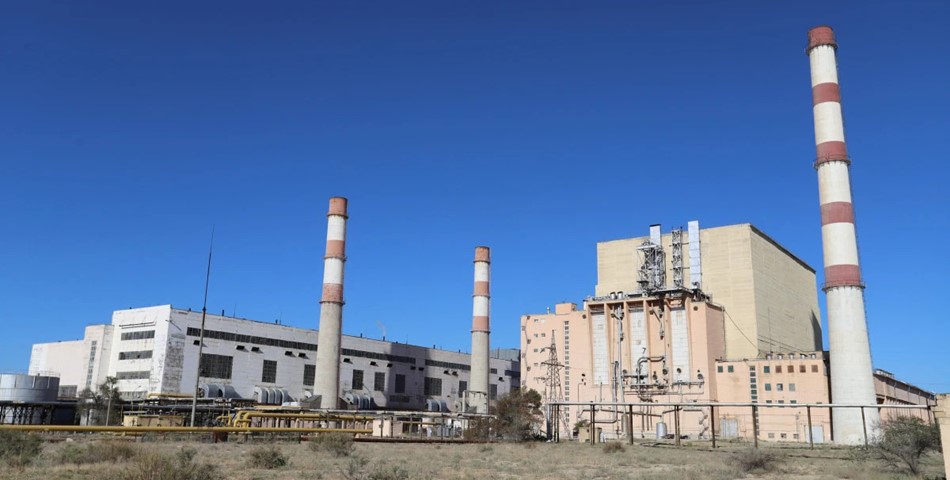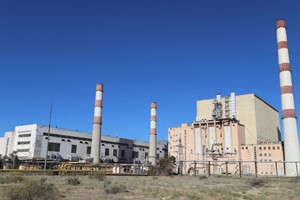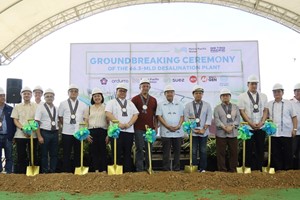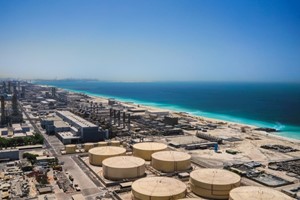During a recent working trip to the Mangystau region, Prime Minister Olzhas Bektenov emphasized the importance of modernizing water supply infrastructure, particularly the Caspian Desalination Plant. This facility currently provides drinking water to over 200,000 residents but faces ongoing challenges related to water scarcity.
The expansion of the Caspian Desalination Plant is a crucial project aimed at addressing the region's drinking water deficit. Plans are underway to double the plant's capacity to 40,000 cubic meters per day, with the Government allocating an additional 5.1 billion tenge for this modernization effort. Currently, 95% of the expansion work is complete, with significant infrastructure already constructed, including pipelines for sea water and desalinated water, a water treatment shop, a pumping station, and various storage tanks.
The Head of State has placed a strong emphasis on ensuring that the population has access to quality drinking water, making this project a priority. Bektenov instructed the Ministry of Industry and Construction, in collaboration with the Akimat of Mangystau region, to ensure the timely completion and commissioning of the expanded desalination plant by the end of the year.
To further combat the issue of water shortages in the region, nine additional desalination plants and installations are being constructed, with a combined capacity of 140.5 thousand cubic meters of water per day. The Akimat of Mangystau region has been tasked with supporting these projects comprehensively to ensure the sustainable provision of water to residents.
The focus on enhancing water security through desalination is critical for the Mangystau region, where the demand for fresh water continues to grow. As the modernization of the Caspian Desalination Plant progresses, it is expected to play a vital role in improving the quality of life for residents and ensuring reliable access to drinking water.












